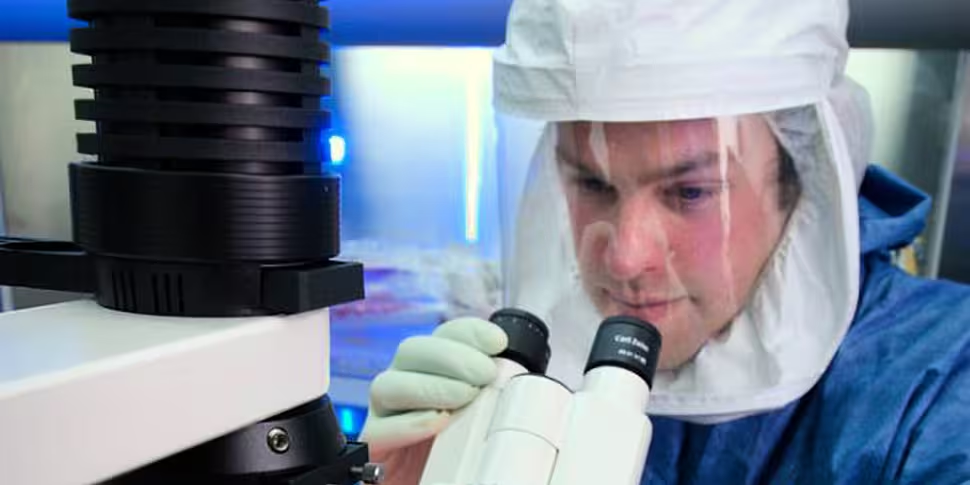A way to "switch off" the genetic defect responsible for Down's syndrome has been developed by scientists in the US. The technique has only been tried in the lab but researchers hope it could pave the way to correcting the disorder.
Children with Down's Syndrome are born with three copies of a particular DNA package rather than the usual two which causes health problems and a shortened life span.
The research published in The Nature Journal claims the insertion of one gene can muzzle the extra copy of chromosome 21 that causes Down's syndrome.
Jeanne Lawrence is a cell biologist at the University of Massachusetts Medical School in Worcester, and the lead author of the study."It’s a strategy that can be applied in multiple ways, and I think can be useful right now" she said.
The experiment used stem cells, which can develop into many different types of mature cells. The researchers hope that one day they will be able to study the effects of Down’s syndrome in different organs and tissue types.
They say that work could lead to treatments that address degenerative symptoms of Down's syndrome, such as the tendency of people with the disorder to develop early dementia.
"The idea of shutting off a whole chromosome is extremely interesting” in Down’s syndrome research", says stem-cell researcher Nissim Benvenisty of Hebrew University in Jerusalem. He anticipates future studies that split altered cells into two batches - one with the extra chromosome 21 turned on, and one with it off - to compare how they function and respond to treatments.

Researchers have previously removed the extra chromosome in cells from people with Down’s syndrome using a different type of genetic modification. That technique relied on the fact that stem cells that carry the 3rd copy of chromosome 21 occasionally boot it out naturally but "it's a pain in the neck", says Mitchell Weiss, a stem-cell researcher at the Children’s Hospital of Philadelphia in Pennsylvania. "You can't control it.".
But Weiss thinks that the approach could yield fresh treatments for Down's syndrome and prove useful for studying other chromosome disorders such as Patau syndrome, a developmental disorder caused by a third copy of chromosome 13.









